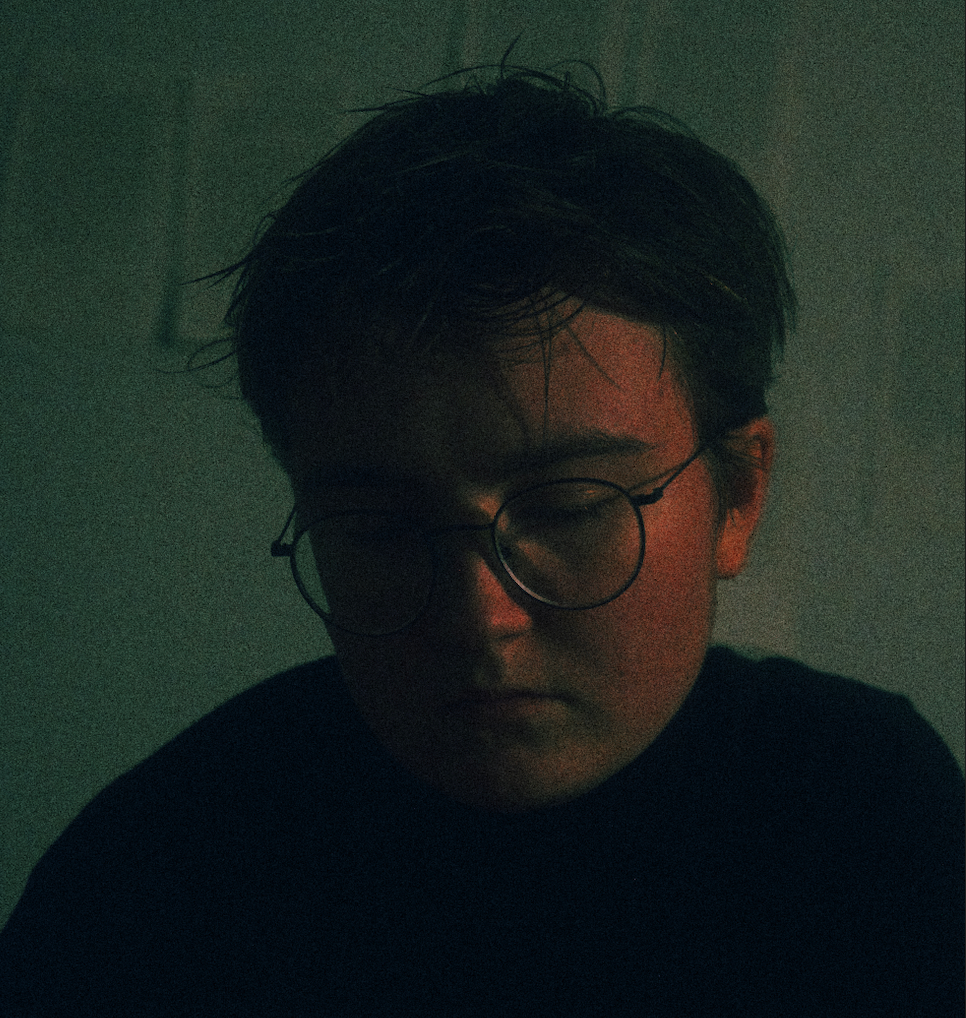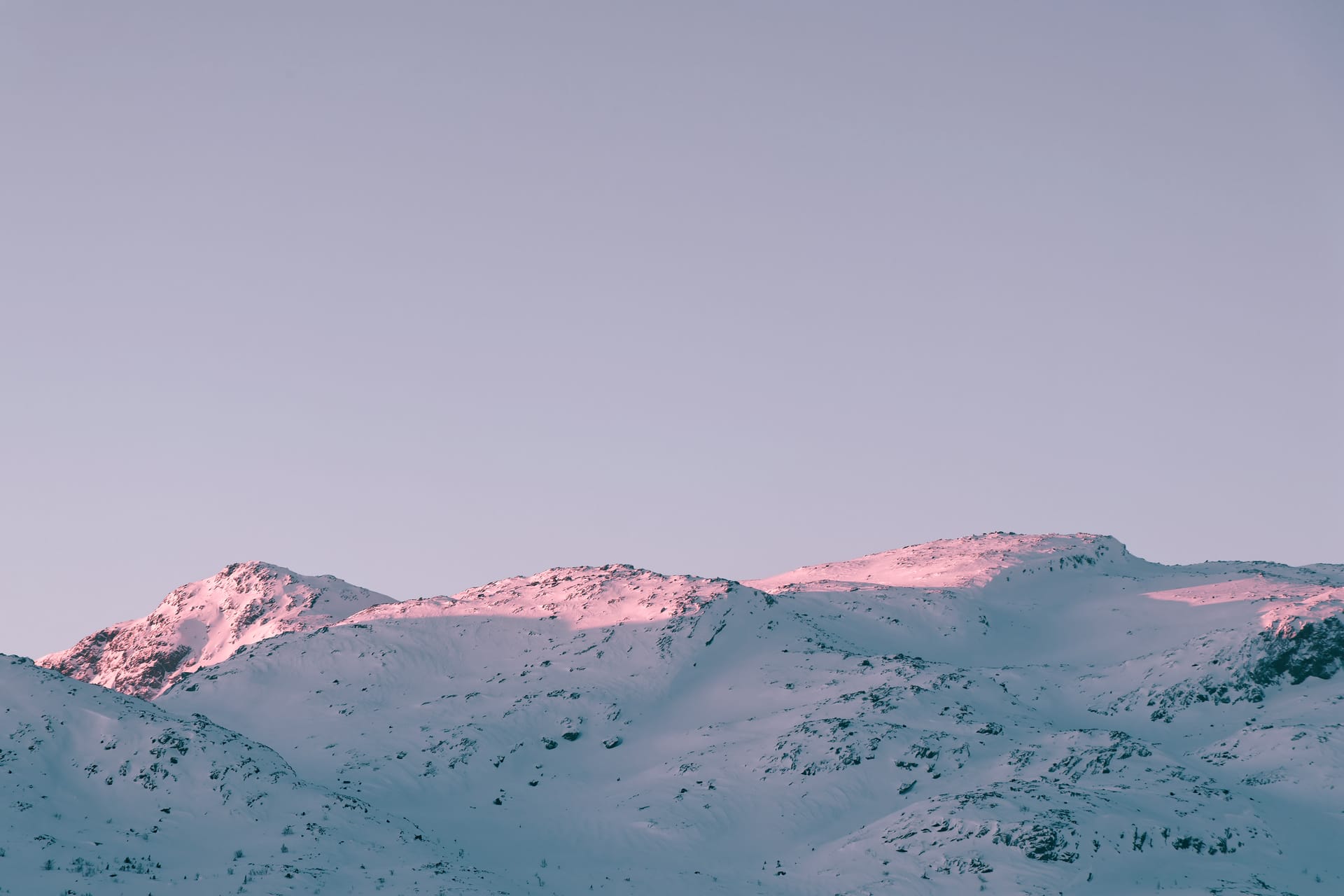In my previous post about photography advice I told you what I believe the best way of learning photography is: through lots and lots of practice. Today, I wanted to give you some more general advice on things that I believe could help you in the creative process. Even though these are thoughts that I have gotten from the perspective of a photographer, they can be applied to all art forms.
1. Do other types of art as well, try new ways to be creative
It is very common to feel stuck in your creative process. For whatever reason, you might feel a lack of motivation or ideas. It can be difficult to get out of that creative slump. But I believe that one thing that can help is to let go of your usual art medium, and pick up something completely different.
I started crocheting about year ago. For me, it is more about the act of doing something with my hands, rather than wanting to create a specific piece of crochet. And that act of doing something else, letting my hands just create and allowing my brain to disconnect for a moment, is something that has helped me gain both motivation and ideas for my photography.
The point here is not that every photographer should also crochet something. But I do believe that it is important to create art different from what you normally do. Sometimes it can be good to let your brain take a break from your current art project. It can give you time and space to process information and half-finished ideas, and bring in a fresh persepctive.
2. Do not strive towards pefection
Perfection is not the goal of art. I would even go as far as to say that perfection is the death of art. If you feel like every single piece of art you create must be perfect you can very easily become stuck and the creativy process might drain you more than it gives you energy and a sense of fullfilment. Allow your art to be imperfect. Hell, even allow your art to be bad. Make art that you will never ever share with anyone, just for the sake of making it.
If you unlearn the idea of perfection in art you will enjoy the process a lot more. It will give your art more personality — and make it more you. You might have seen the trend of blury photography? That is a great example of how personality can be granted through what is typically considered an imperfection.
It is also relevant to think in terms of "quantity over quality". Sure, quality is great, but if you focus too much on the quality when you make art, you will get stuck. Instead, just make art, a lot of it, without caring that it might not be as good as you wish it were, and you will slowly improve.
3. Do it when you feel like it
Do not force yourself to create when you do not have motivation or energy for it. Otherwise it might just feel like a chore, and that is a certain way to get tired of it.
In today's society there can be a lot of pressure to be as productive as possible — to make as much in as short time as possible, and to always make something. This idea is complete rubbish (even if it can be a difficult one to let go of it). There are a lot of reasons to create art — but doing it because you feel forced to be productive will only lead to furstration.
Creativity is something that cannot be forced. As I said earlier, it can be more helpful to take a break and let your brain process informaiton and ideas. If you do not have motivation to create, it probably means that you just need more time to think and do other things. Trust yourself to find your way back to your craft when you are ready, whether that takes three hours or three years.

